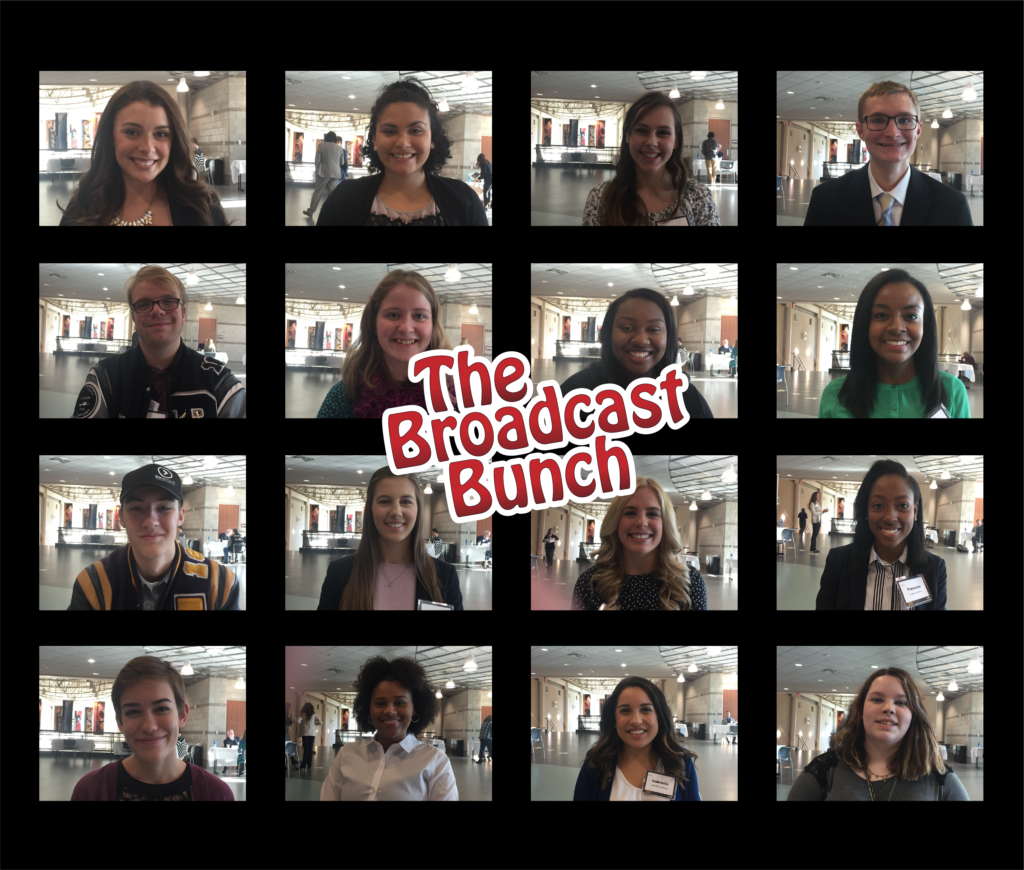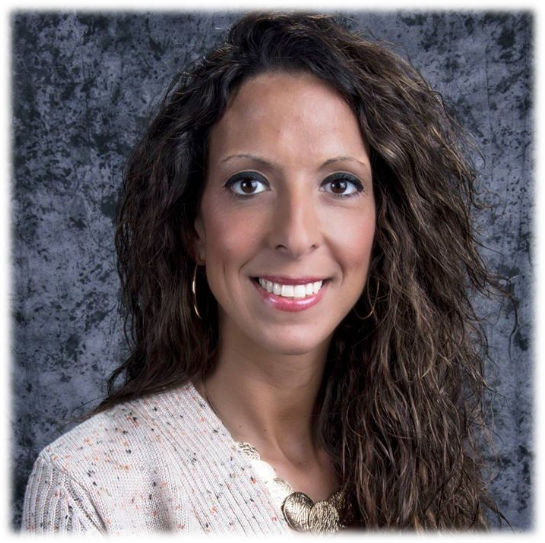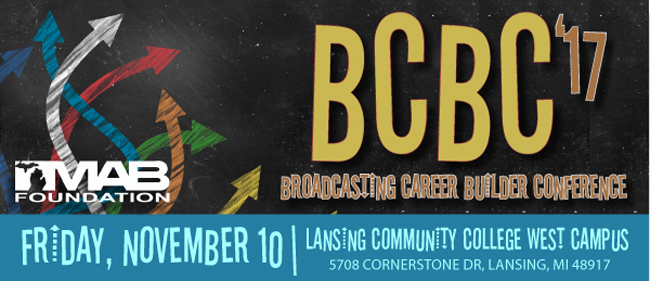
Row 2: Kyle Proffitt, Serafine Hinz, Deja Green,Kayla Robinson
Row 3: River Tuck, Natalie Longroy, Cierra Prosser, Treasure Roberts
Row 4: Fiona Hughes, Dajheonna Perry, Gabriella Galloway, Abigail O’Neill
Publications like AdWeek and Fast Company are filled with articles and analyses about Millennials, a cultural phenomenon we also talk about with regularity in this blog. And why not? They’re an influential generation, and they’re massive in size – not unlike the Baby Boomer revolution that turbocharged the ’60s.
But what about their younger brothers and sisters, a group that has remained somewhat under the radar? In marketing circles, they’re known as Gen Z, and they’re quite a bit different than those much-talked-about Millennials.
Does Gen Z really aspire to work in radio and TV broadcasting at a time when Amazon, Snapchat, BuzzFeed, Apple, and myriad tech startups offer more attractive and lucrative careers for the best, brightest, and talented young people?
Based on the Michigan Association of Broadcasters Foundation’s BCBC17 event last week in Lansing, the answer is a resounding “YES!” The Broadcasting Career Builder Conference attracted more than 200 aspiring radio and TV stars in college, high school, and vocational programs from all over the state of Michigan. Demand was so strong they actually had to turn some students away at the door.
 This was the 13th annual BCBC, and clearly one of the best-attended and programmed. Karole White has run the MAB for more than a quarter century, getting the most out of her dedicated staff. Jacquelen Timm (pictured right) is the MAB’s new Foundation Manager and Development Director. With this event, she’s off to a great start.
This was the 13th annual BCBC, and clearly one of the best-attended and programmed. Karole White has run the MAB for more than a quarter century, getting the most out of her dedicated staff. Jacquelen Timm (pictured right) is the MAB’s new Foundation Manager and Development Director. With this event, she’s off to a great start.
Jacquelen called this year’s BCBC17 “a wonderful experience for both the students who attended, and for the amazingly talented professionals who and inspired the future of the industry. I feel so honored to help share the mission of the MAB Foundation.”
There were some strong guest speakers at the event, including the inspiring Mara MacDonald from WDIV-TV, Hubbard Radio’s Jay Cruz, Beasley Media’s Jennifer Williams, Alpha Media engineer Caleb Gordon, WDET’s digital content whiz AnnMarie Scaramuzzino, and some guy named Paul Jacobs.
I participated in the “Speed Networking” sessions along with other broadcast pros, and met those Gen Z faces you see pictured at the top of this post.
To a person, they looked great, were focused and organized, showed up with good questions – and LOTS of passion for the broadcasting field. Many have already interned at stations throughout the Michigan area and beyond, and they’re excited about their future careers in radio and TV.
And they run the gamut.
Sporting an already impressive resume, Treasure Roberts attends Michigan State, and did an internship in New York City with NBC-TV, and worked with Lester Holt.
River Tuck from Avondale High School personally produces a series of podcasts, and has more experience in the field than most veteran broadcasters I know.
Cierra Prosser goes to Grand Valley State, and currently works as an intern at WOOD-TV. She is sharp, experienced, and ready to go to work.
Fiona Hughes from Plymouth Canton Community Schools is still in high school, and is programming FM station WSDP (88.1 The Park). She’s the program director, and told me she handles much of the day-to-day operation of the place which has been on the air since 1972. Talking with her about the challenges of keeping a radio station on the air was a lot like my conversations with PDs.
And then there’s Gabriella Galloway, also at MSU, who has her eye on a radio career and has worked for their FM station, WDBM (Impact 88.9).
The list goes on – an accomplished group of young broadcasters with their collective eye on the broadcasting prize.
 You may have already noted how many women were in attendance, as well as the diversity of these engaged students. They’ve heard all the stories about consolidation and cutbacks – and they don’t care. Not a single one asked me about radio’s future, what will happen to Cumulus or iHeart, or the OTT revolution in television.
You may have already noted how many women were in attendance, as well as the diversity of these engaged students. They’ve heard all the stories about consolidation and cutbacks – and they don’t care. Not a single one asked me about radio’s future, what will happen to Cumulus or iHeart, or the OTT revolution in television.
In many ways, they are no different than you and me when we were fledgling broadcasters. They just want “in” to a business they know is exciting and rewarding, and they’re already working hard to make their dreams and aspirations come true.
BCBC17 also was a reminder of just how important state broadcaster associations are to the future of our industry, and how critical it is for radio and TV companies of all stripes to step up and support them.
I was there to provide mentoring and advice, and to leave these students with a positive feeling about a career in broadcast media.
They walked out of BCBC17 pumped up and excited about broadcasting.
But not as much as me.
Illustration by Kelsey Neveu.
- What To Do If Your Radio Station Goes Through A Midlife Crisis - April 25, 2025
- A 2020 Lesson?It Could All Be Gone In A Flash - April 24, 2025
- How AI Can Give Radio Personalities More…PERSONALITY - April 23, 2025




Fred:
As a broadcaster who teaches in a college level broadcasting program, I want to echo these sentiments. Especially because there are so many naysayers out there who suggest these young people never even listen to radio, don’t want it around, blah, blah, blah.
It would be a fair statement to say the level of enthusiasm for a “career in broadcasting” may not be as high among some young people as it was when I got into the business in the 1970’s, the younger people who come into my class are very excited at the notion. They come over to the station group I work for and sit in the studio with me shooting video (for their video class projects) and even try and apply for jobs before graduation. Some succeed as they are preparing to graduate. And some go on to careers. (A recent student is a morning jock in Louisiana…another is in New York State. Some even work for the station group for whom I work.)
Now, if I could wave my magic wand, I would like to see the average pay for some of these jobs come up. (Competitive markets should pay better wages, and that is not always the case.) But that is something that will require long term fixes as radio and television deal with new media and more competition. If you really want these young people to work in radio and TV, radio and TV needs to pay what other services pay. If they’re paying substantially more, be prepared for a talent drain.
Lord knows, we’ve lost, as an industry, too many engineers to I.T. companies for the sole reason that we don’t pay enough. The school at which I teach is discussing adding an Associates Degree program to qualify broadcast technicians and give them networking certifications as well.
Yes, I know a couple of big companies are seriously in debt. Not to beat a dead horse, but it’s their fault. Few really believed the “economies of scale” arguments of the late 90’s and early 2000’s.
But the broadcasters who are reasonably financially healthy need to work as many are doing to point the business toward the future.
There may not be a lot of “disc jockey jobs” and that may make some old hands upset. Tough.
Speaking for myself, I didn’t get into the business to be a “disc jockey” (though I’ve done it, and other jobs for 45 years and continue to do so). I got in the business to be a broadcaster. A much nobler job in my estimation, one worthy of respect and a career worth aspiring to.
Now…will the stations work toward the goal?
There are many, many ways to make a living in broadcasting. Most of the kids I spoke to wanted to be on the air – in TV or radio, often in some type of sports role. (Maybe they haven’t been checking those ESPN layoffs lately?) The best, smartest, financially stable broadcasters, the NAB & RAB, and our state broadcaster associations will need to work hard to keep the youth pipeline going. Events like the BCBC – along with Conclave and Dan Vallie’s initiative – are encouraging to me.
Broadcasting as a career has always offered a number of avenues for success. If someone wants their voice to be heard, it’s talent. If their interest is marketing, it’s sales. If technology is important it’s engineering and beyond. The only possible issues surround the walls that have been built around commercial “broadcasting”. Topics, language, restrictive formats don’t make sense to the younger potential “broadcaster” these days. They can speak their mind using any words they want online. They can expand the playlist as much as they want -online. They can build their “transmitter” and “broadcast” online. That might be issues behind someone going into this part of the business. It seems to be a matter of ‘”freedom” to express themselves the way they want to. A lot of the veterans I’ve worked with had a desire to “stretch” the envelope and get their point across. Today’s youth seems so used to “saying it”-they don’t see the need for the envelope. Just one man’s observation.
Eeyore alert!!!!!
I think its awesome that in Gen Z there is such a diverse, talented and focused group of potential radio professionals. I also think its sad what a poor career they’ll have if they choose radio and stick with it.
Radio is a business with shrinking revenue, most decisions are made at the top and forced down, virtually all of the innovation has been built around job cuts and as a result, there is less opportunity to grow than in most other fields. Yes, there are anecdotes that don’t fit the mold, but taken as an industry it would be almost impossible to present a fact based case to refute my analysis. This isn’t a great fit for a generation that doesn’t see the need for an envelope – radio’s is all about the envelope – and its getting progressively stronger and smaller.
If you had no history or association with radio and viewed it as an impartial observer and one of your kids wanted to pursue it as a career, how would you react? This is clearly a sector that is primarily running out the clock – I hope these talented kids see it before they jump in and get their first December 21 pink slip with a kid on the way.
You’re asking the wrong guy, Bob. My kids have persued careers in fields that are precarious – social work and TV screenwriting. Now you can make the case radio has less security or a more dismal future than these other careers. But I think you have to let kids make their mistakes or at least make their own decisions. I easily met with a couple dozen kids last Friday at this event, and I could have gone on a diatribe about how radio is not what it used to be and that they should all go into law or medicine. And not a single one of these kids would have believe me. They truly want to be broadcasters.
You’re preaching to the choir on this Fred, I have a kid who’s trying to make it as a Red Dirt Country singer/songwriter and I’m not trying to talk him out of it either – just being helpful when I can as I’m sure you are with your kids. I just wish that radio met these talented, creative, enthusiastic kids with a better set of opportunities.
And the shame of it, Bob, is there are great opportunities where the “mature” workforce at most stations does not have the skill set your kid has. We need people who think digital first, where “socializing” is in their DNA, and shooting and editing video is child’s play. Thanks for the follow-up, Bob.
Always great to hear…we’ve got the privilege of working with KAKX-FM, the station at Mendocino High School..constantly impressed and occasionally blown away at what the students come up with..genuinely creative Sports, Country, Pop and, yes, Classic Rock ( hearing a 16 year old’s take on YES is a revelation). Now, we need to make sure we’ve got valid stations for them to join…
Exactly, Tom. We owe it to them – we owe it to us.
I’ve been involved at Boston College’s WZBC since 1980. Back then we had a hard time getting students to participate, most of them were alienated by the alternative music culture. Today, there are not enough slots for all the students clamoring to get on the air. They’re eager to demonstrate their knowledge and ideas. I attribute this to the fact they did NOT grow up on radio, which historically spoon fed us our music – back in 1980 the students knew nothing beyond what they had heard on commercial radio. It’s heartening to see young people embrace radio, but tellingly they’re indifferent when the FM transmitter is down, yet very upset when the stream is down.
Fascinating, Jeff. Today’s students never heard Howard Stern on terrestrial radio and their music was discovered via friends and digital sources. Thanks for the stories, and congrats on being part of a college radio culture that is regenerating itself.